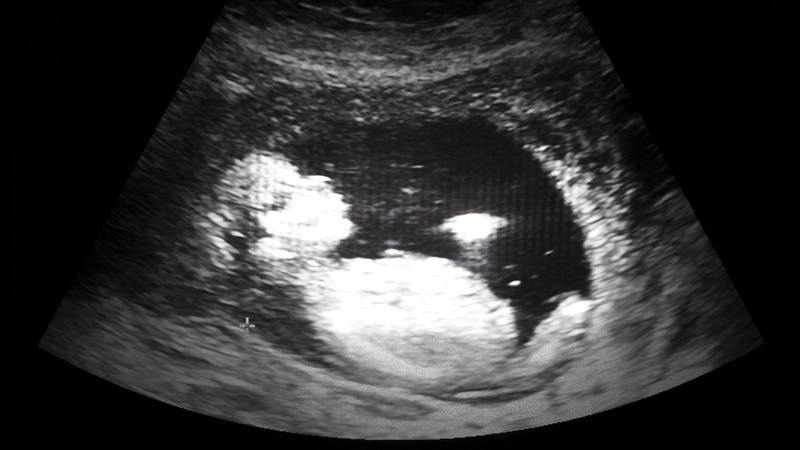Before they’re even born, babies are constantly learning things about themselves and the world around them. Check out these extraordinary things infants learn while still in the womb.
1. The fundamentals of being wet: From as early as the first trimester, developing babies demonstrate a basic grasp of how to be wet, and they spend the vast majority of their gestation period honing this skill in their mother’s amniotic fluid, to the point where there’s hardly anything left to teach them about being wet by the time they’re born.
2. The ability to identify Lutherans by scent: As fetuses develop their sense of smell, they acquire the capacity to discern Lutherans from people of other religious denominations by scent alone. This is why when a baby is born, it immediately crawls toward the first Lutheran church it sniffs.
3. How and where to grow hair: Remarkably, while still inside its mom, a baby learns how to make hair grow out of its body and it correctly determines where on the body to grow it. How cool is that?!?
4. That there are no guarantees in show business: About 20 weeks into a pregnancy, a fetus will start to become acutely aware of the harsh realities involved with a life spent in show business—from the constant rejection to the unsteady income to the ever-present feeling that you’ll never live up to your full creative potential.
5. A father’s wildness for nutmeg: Not only do babies recognize their parents’ voices in utero, but there’s also strong evidence that they can detect and cognize specific cues in their father’s vocal inflections as he hollers for more and more nutmeg to be ground over his scrambled eggs until he can’t even see them anymore.
6. How to tie an umbilical cord into the shape of a giraffe: It’s a pretty cool trick, made all the more impressive by the fact that babies learn to do this before their hands are fully formed.
7. How to say the phrase “Fandango.com”: Research shows that unborn babies develop the ability to recognize and process language in utero, and their neural signals seem particularly responsive to the pitch and vowel sounds of the phrase “Fandango.com”—making it no surprise that these are most babies’ first words.





